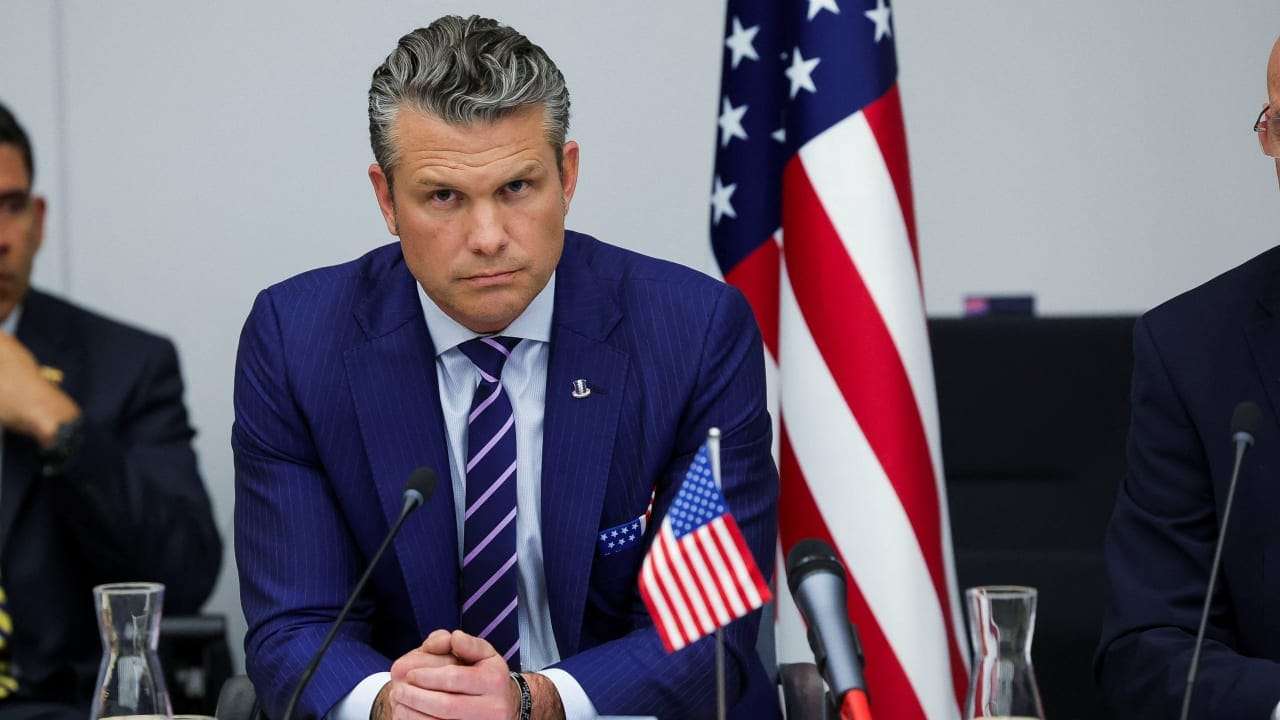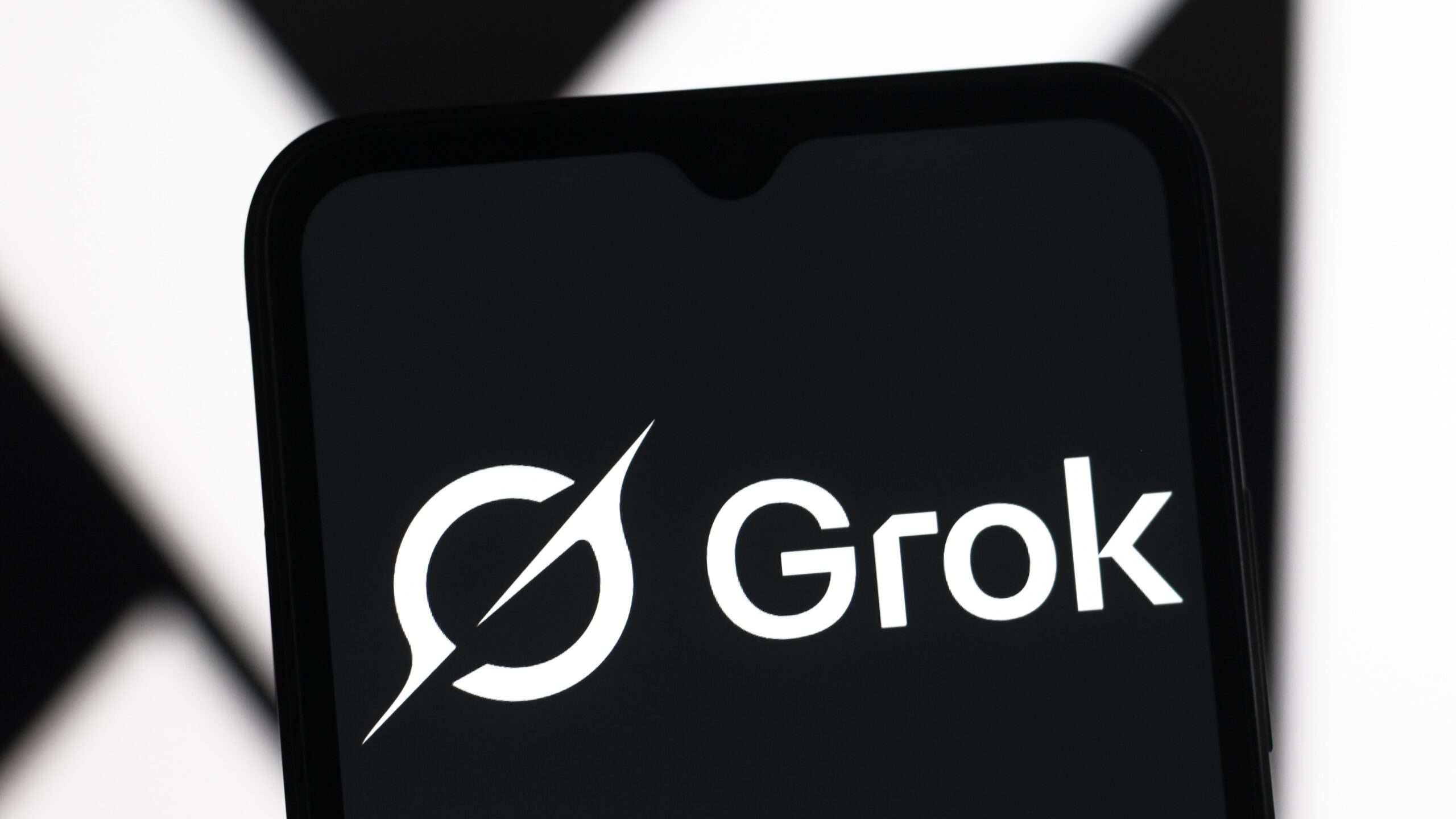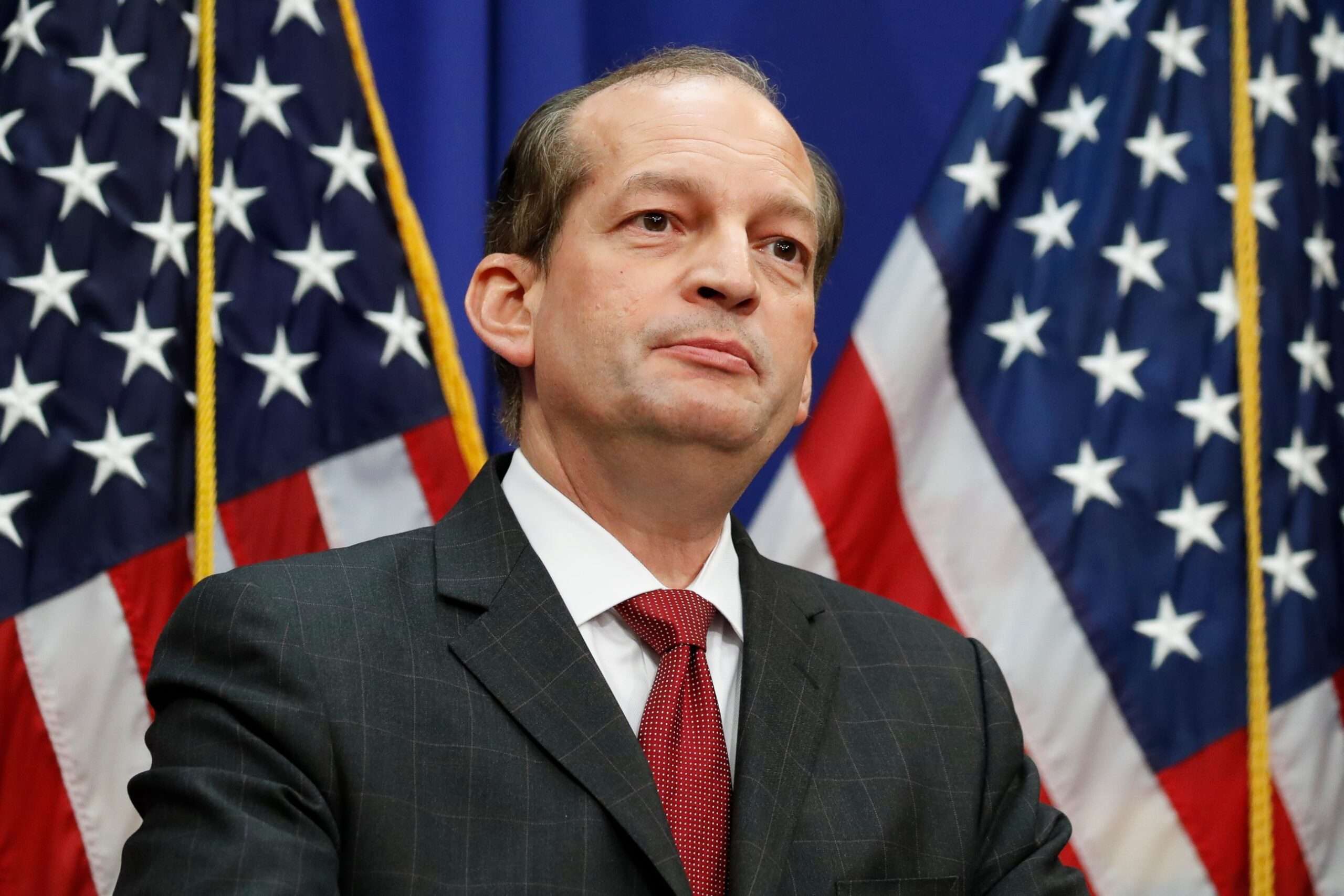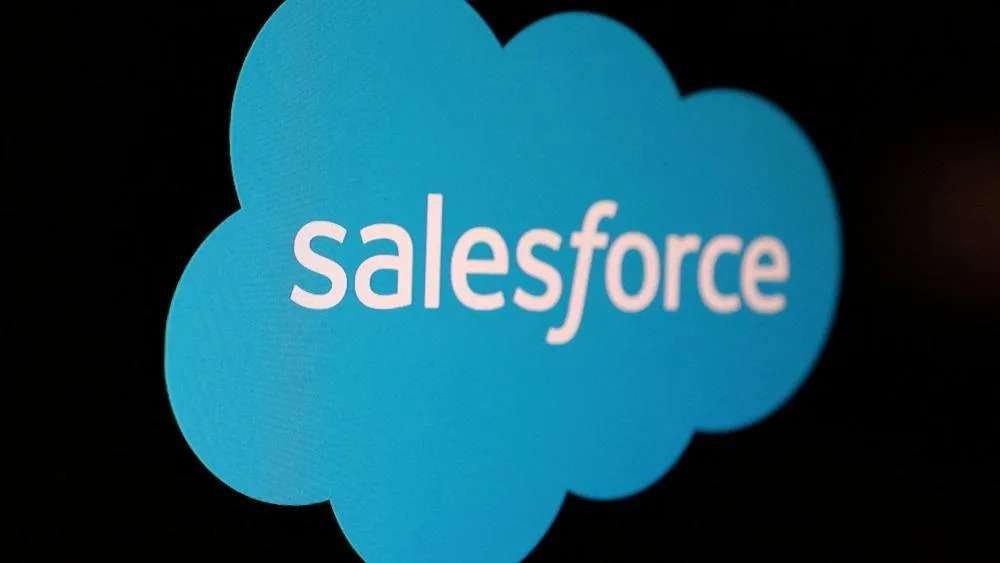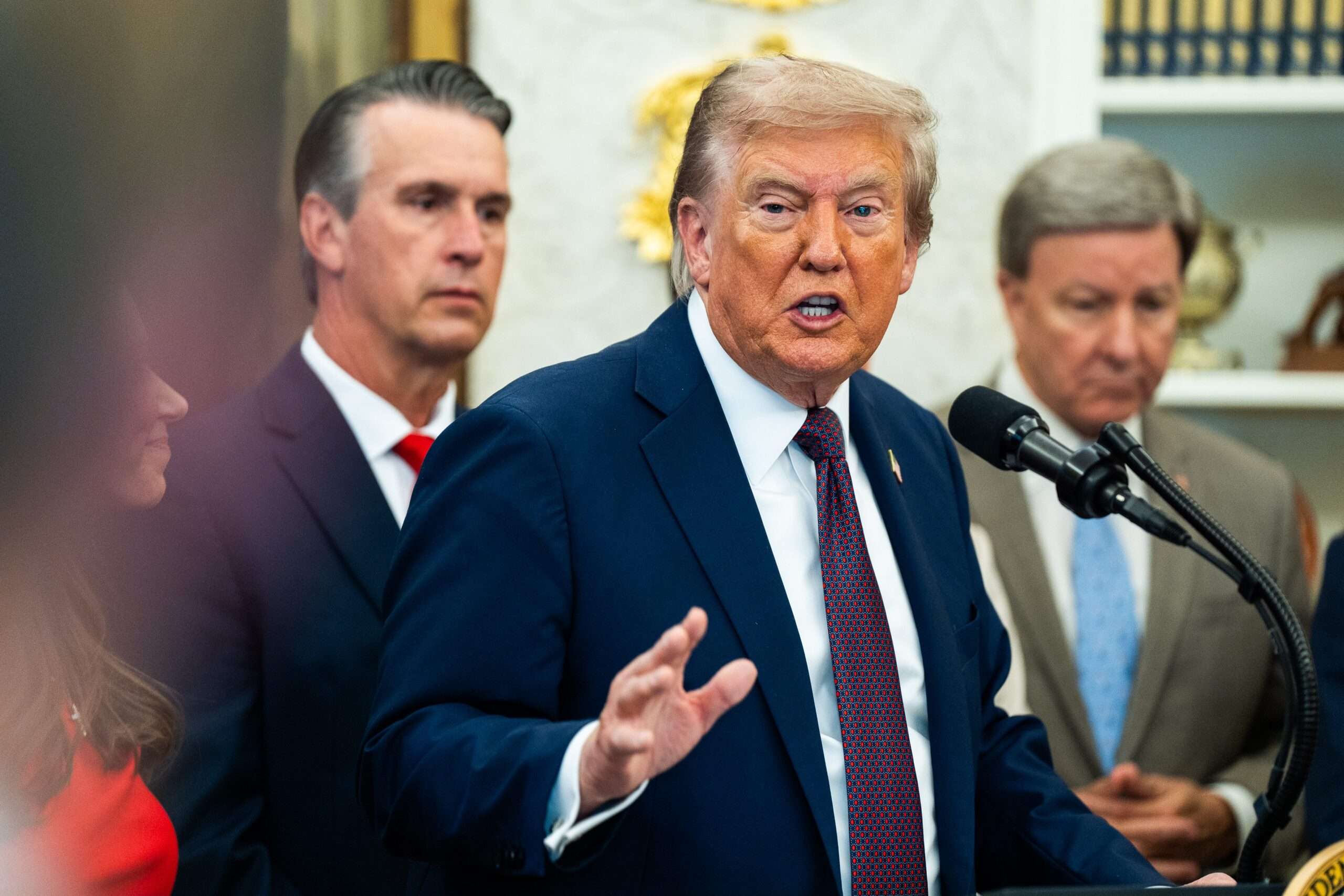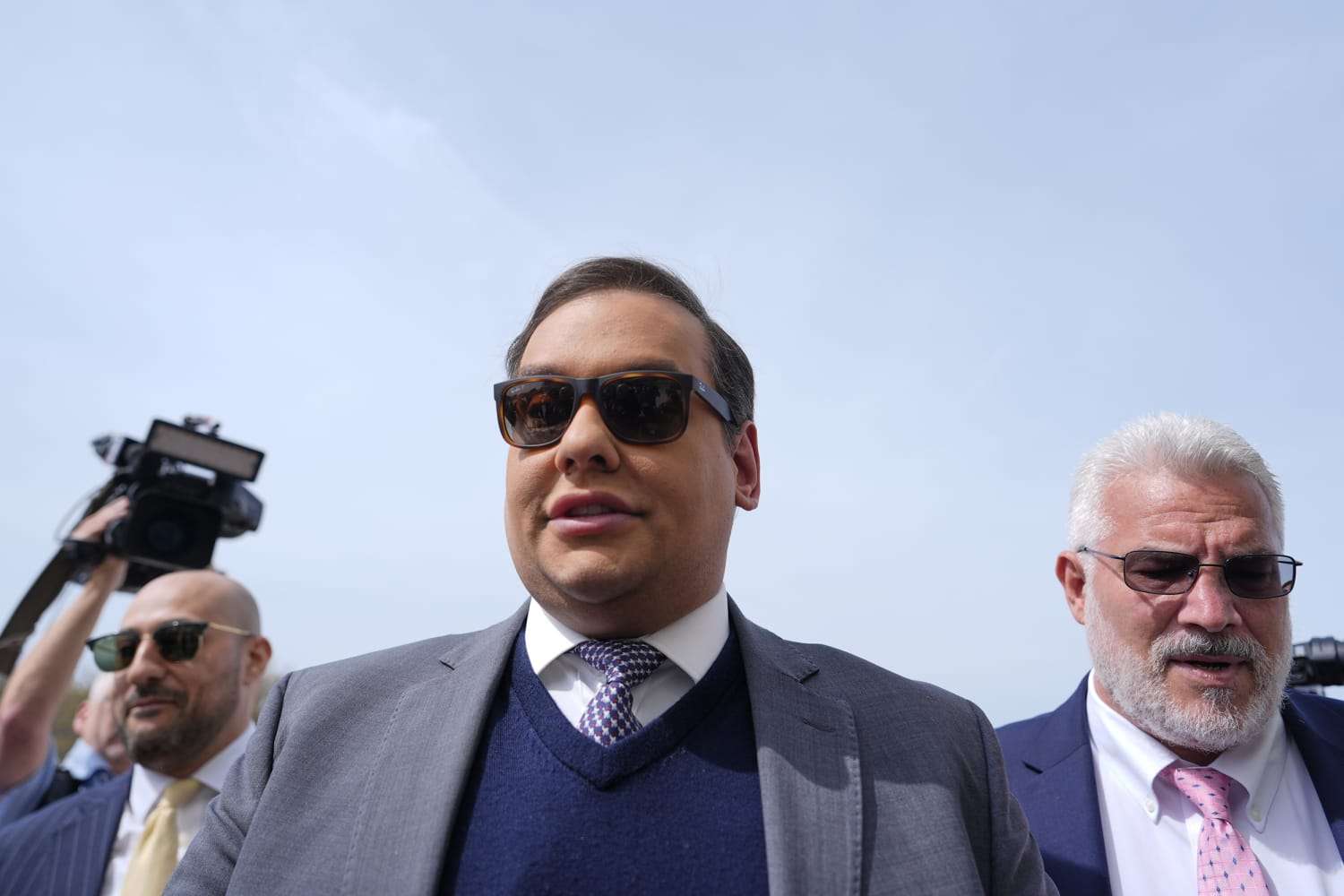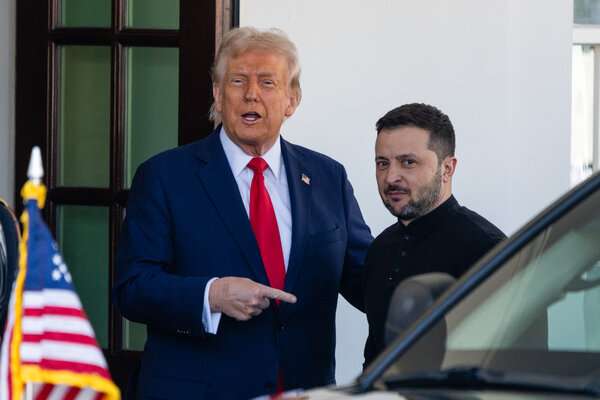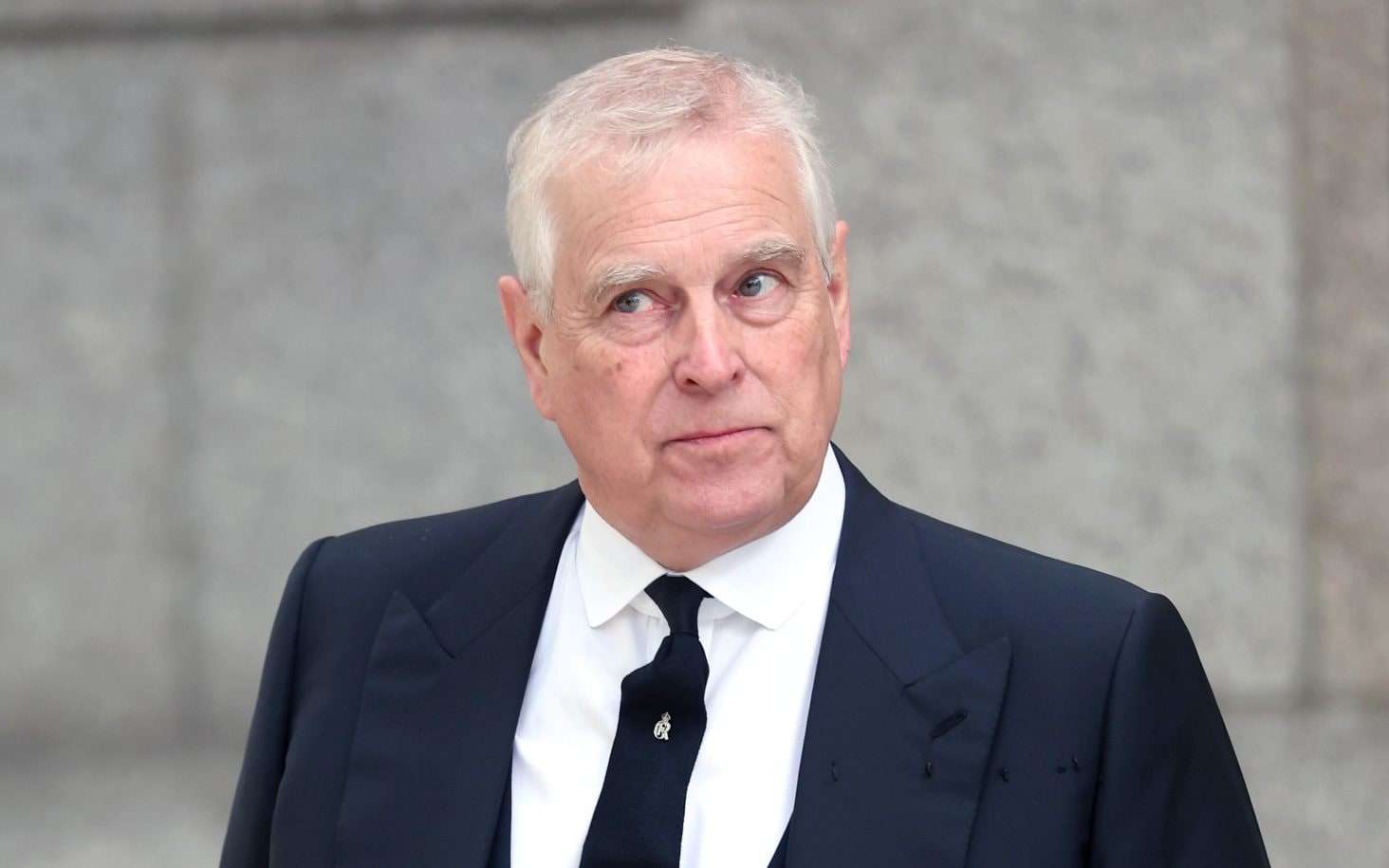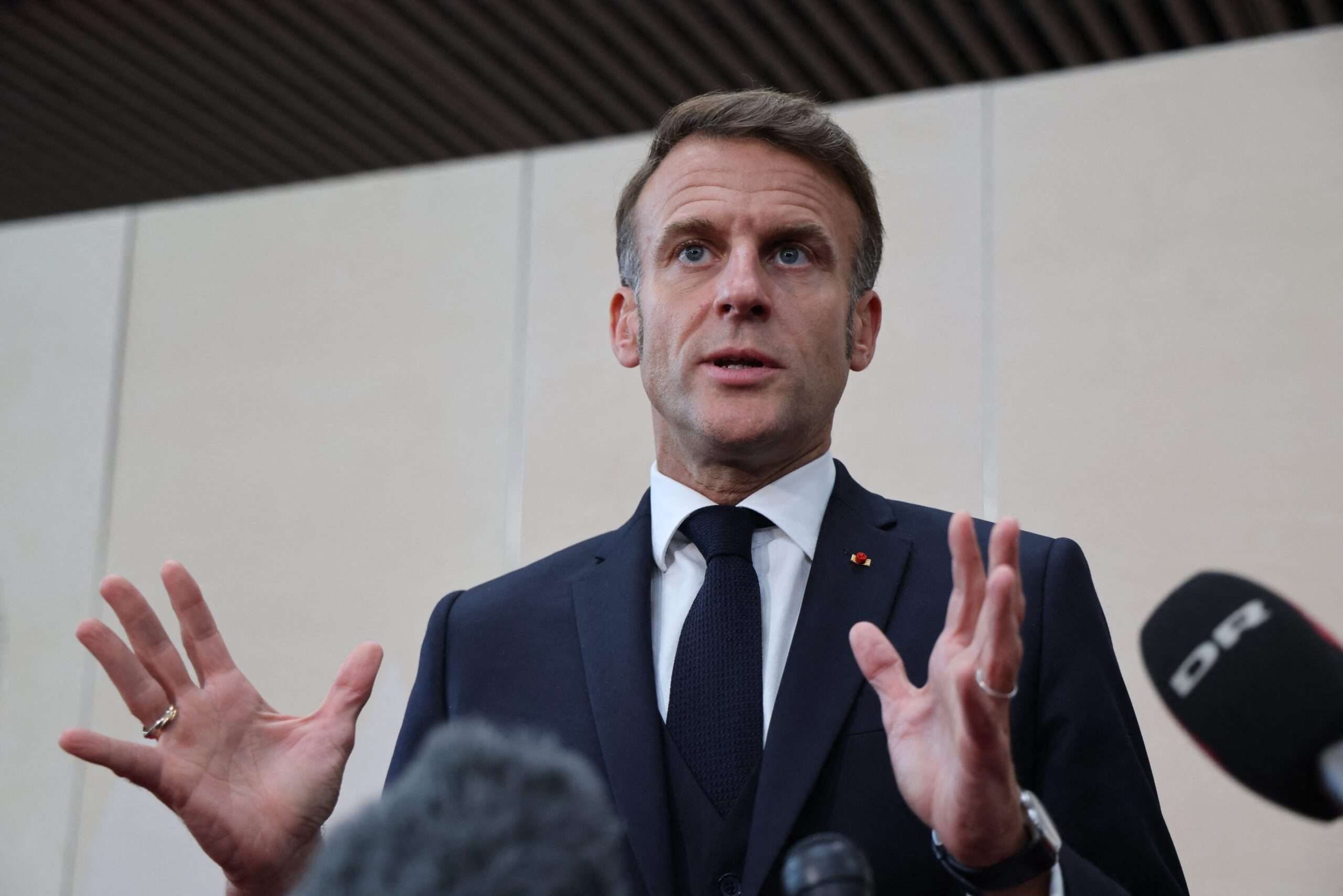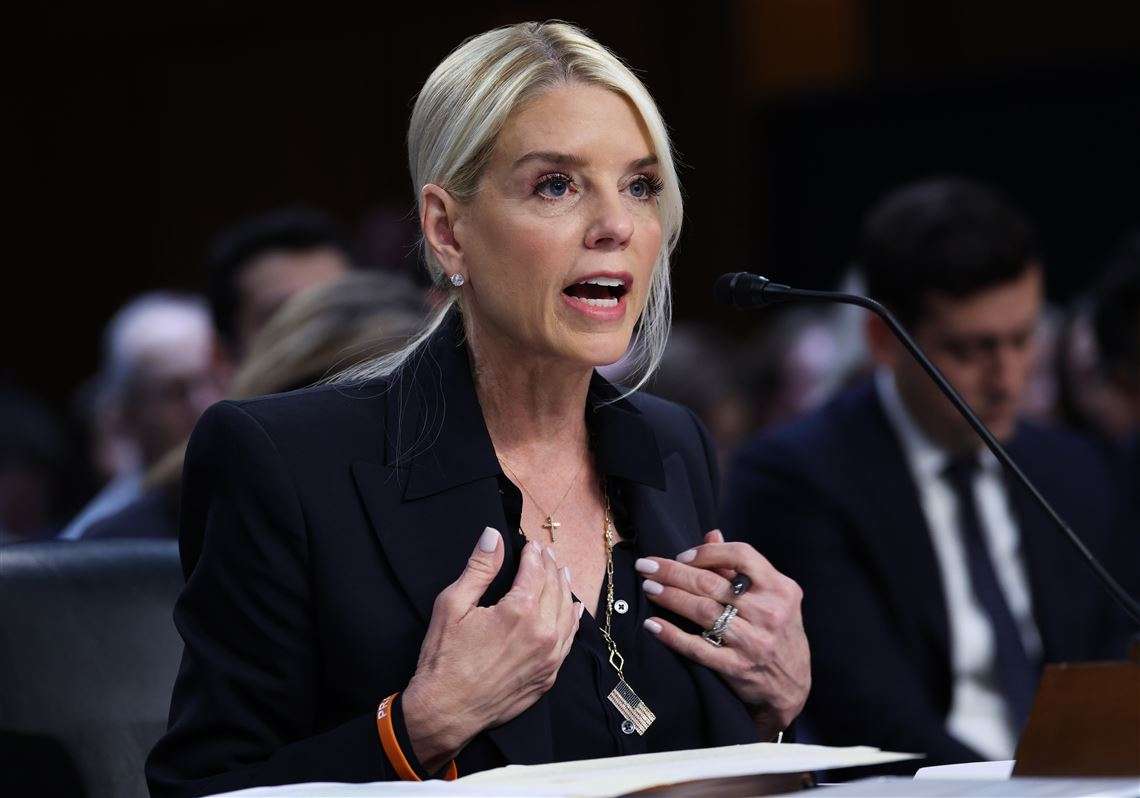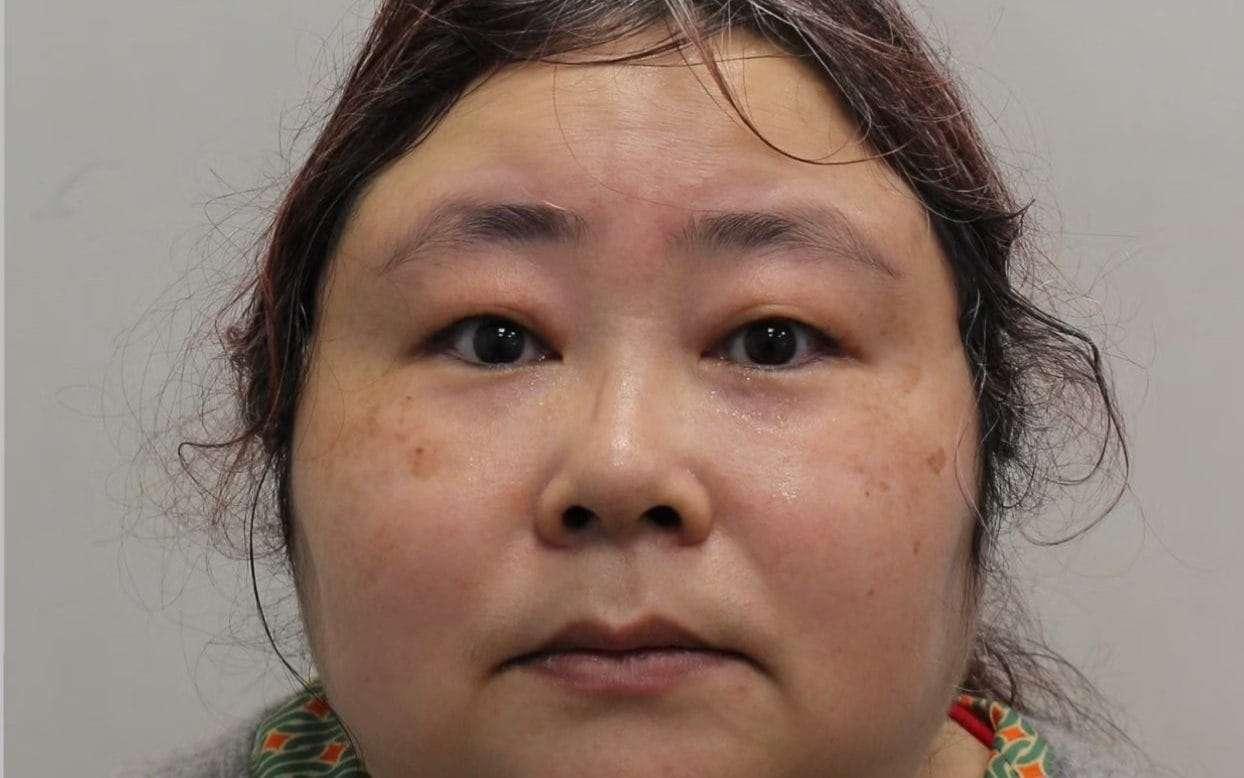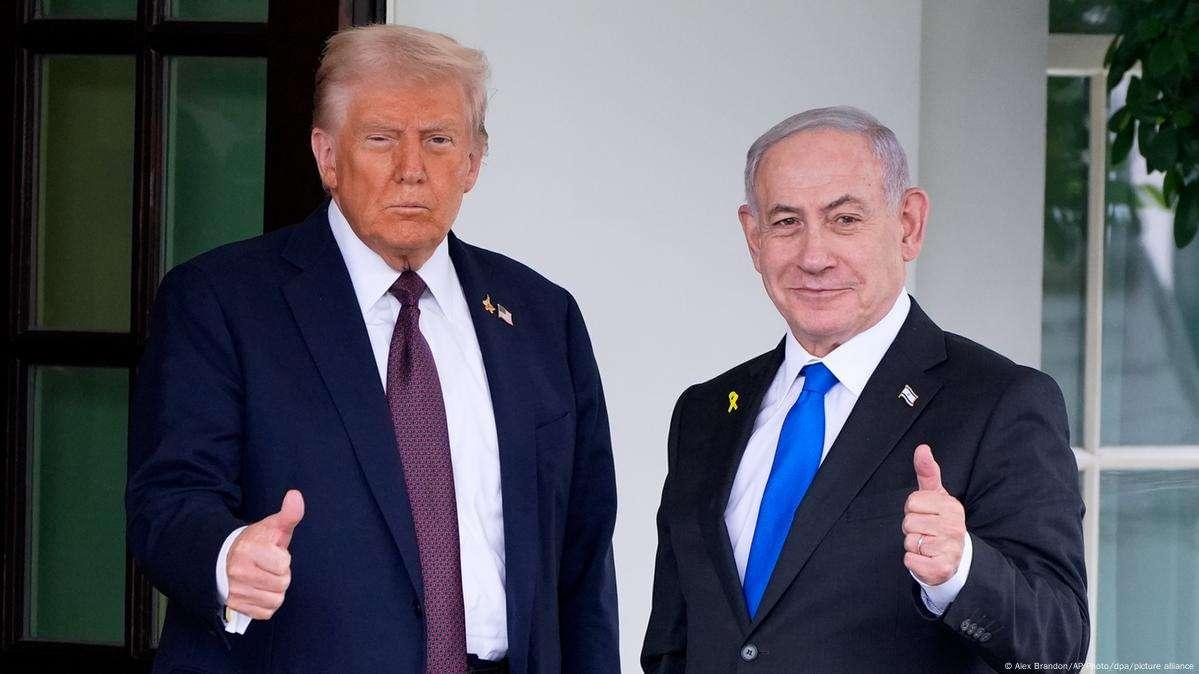
On October 18, 2025, massive crowds gathered across the United States for the “No Kings” protests — a nationwide wave of anti-Trump demonstrations held in over 2,600 cities and towns, spanning every state from urban centers to rural communities. The protests, organized by a coalition of progressive groups including Indivisible 505 and MoveOn, aimed to oppose President Donald Trump’s policies that demonstrators argue are steering the country toward authoritarianism.
The “No Kings” movement takes its name from a historical rejection of monarchy, symbolizing a pushback against what protesters view as Trump’s “king-like” rule. According to the movement’s website, “The president believes his authority is unquestionable. However, in America, we do not have kings, and we will not yield to chaos, corruption, and cruelty.” This sentiment encapsulated the protesters’ demand for the defense of democratic values, civil liberties, and opposition to Trump’s heightened immigration enforcement, cuts to federal workforce and university funding, attacks on the media, and aggressive security policies including National Guard deployments.
Eyewitnesses reported peaceful yet boisterous marches with diverse participants—families, students, senior citizens, and activists—converging to voice their concerns. Hunter Dunn, spokesperson for the organizing coalition, expressed optimism about turnout, stating, “This is not a moment but a marathon to reclaim our democracy.” Actor Robert De Niro publicly supported the cause, emphasizing the nonviolent nature of the protests in a video message.
The federal and state governments prepared for the protests amid heightened political tensions. Republican leaders, including House Speaker Mike Johnson and Kansas Senator Roger Marshall, criticized the events, labeling them as dangerous “hate America” rallies tied to far-left groups like Antifa, claims denied by organizers. Multiple states deployed National Guard troops preemptively, with Texas Governor Greg Abbott specifically mobilizing forces in Austin to monitor potential unrest. Democratic officials condemned these military actions as oppressive.
The demonstrations mark a significant moment in Trump’s second term, reflecting widespread frustration with his administration’s direction and signaling the deepening polarization in American politics. Political science expert Jeremy Pressman noted that these protests are expanding into traditionally Republican counties, indicating a broader national unease.
In summary, the “No Kings” protests on October 18 represented one of the largest coordinated anti-Trump mobilizations to date, blending historical symbolism with contemporary issues of governance, civil rights, and political dissent. The movement plans to continue its activism, emphasizing peaceful resistance against policies perceived as authoritarian while calling for renewed political engagement. Observers will watch closely how the Trump administration responds and whether these demonstrations influence the nation’s political landscape going forward.

